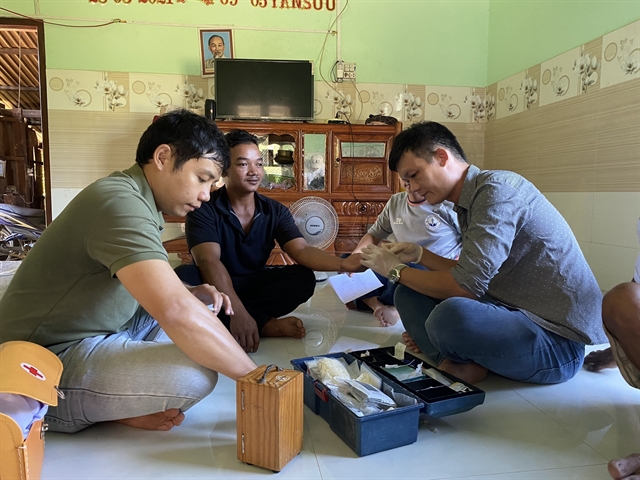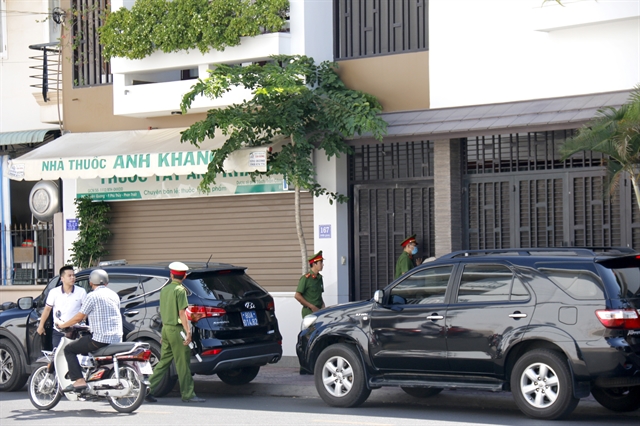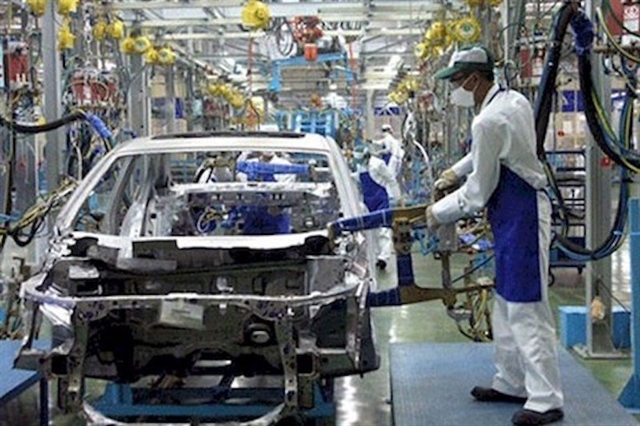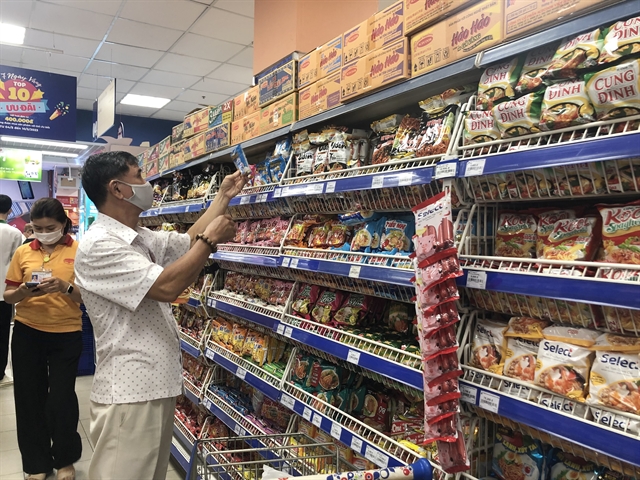 Opinion
Opinion

Deputy Health Minister Nguyễn Viết Tiến tells Vietnamplus that drug resistance through antibiotic abuse is a global problem with particular national features requiring concerted efforts at both levels.
 |
| Nguyễn Viết Tiến |
Deputy Health Minister Nguyễn Viết Tiến tells Vietnamplus that drug resistance through antibiotic abuse is a global problem with particular national features requiring concerted efforts at both levels.
What is the current situation in our country on antibiotics abuse?
Antibiotic resistance is a global health problem, especially in developing countries.
The use of antibiotics is essential to treat diseases in both humans and livestock, but the use of inappropriate antibiotics, or the overuse of antibiotics has increased antibiotic drug resistance of pathogenic bacteria.
Besides, investment in researching new antibiotics has declined in the past several decades, leading to a shortage of effective antibiotics to treat infections caused by multi-drug resistant bacteria.
Every year, this drug resistance causes tens of thousands of deaths in the world. Tens of billions of dollars are being spent on drug resistance treatment.
A report on drug resistance in 2014 by the World Health Organization, covering 114 countries, show that patients are having to stay longer at hospitals and their mortality has increased in all age groups.
In Europe, the number of hospital stays increased by 2.5 million days, and mortality was 25,000 people per year. In Thailand, the corresponding numbers were more than 3.2 million and 38,000 deaths.
Obviously, this has a major impact on socio-economic development.
In Việt Nam, the antibiotic resistances has reached alarming levels and could even become a disaster. Drug resistance is a growing threat to people and the economy.
The main reasons are a lack of control over the use of drugs in both healthcare and livestock sectors.
Do you think that low awareness of both drug sellers and buyers is the main reason of Việt Nam ranking among the highest countries in the world for antibiotic resistance?
The situation in Việt Nam is very different from other countries. Doctors prescribe drugs the first time someone falls sick, and he /she will go buy the drugs by themselves the next time if they feel they have the same sickness.
In Việt Nam, there is no law prohibiting the sale of drugs without doctors’ prescription. The health sector has strengthened the ban of the sale of drugs without prescription. It has also stepped up dissemination of information about the impacts of drug resistance. Thus, people are more aware of the issue.
I think we need to take measures to force pharmacists to sell drugs, especially antibiotics, only with prescription.
What has the Ministry of Health done to deal with rising drug resistance in the country?
Việt Nam has issued several legal documents such as circulars and decisions, and established committees and subcommittees to prevent antibiotic resistance.
At the same time, the ministry has set up nine sub-committees to monitor drug resistance and established a drug resistance surveillance network. The 2016-2020 National Action Plan on infection control has been drawn up and we have opened a National Drug Resistance Management Bureau.
Việt Nam has a strong commitment, along with WHO and other countries in the region, to reduce drug resistance. It is a concerted effort, with the Party and State leadership, ministries and sectors, local authorities as well as international organizations joining hands.
Antibiotic resistance is not just a Vietnamese problem. It has global influence. It cannot be curbed in a day, but it will be reduced and treatment will be improved. – VNS









